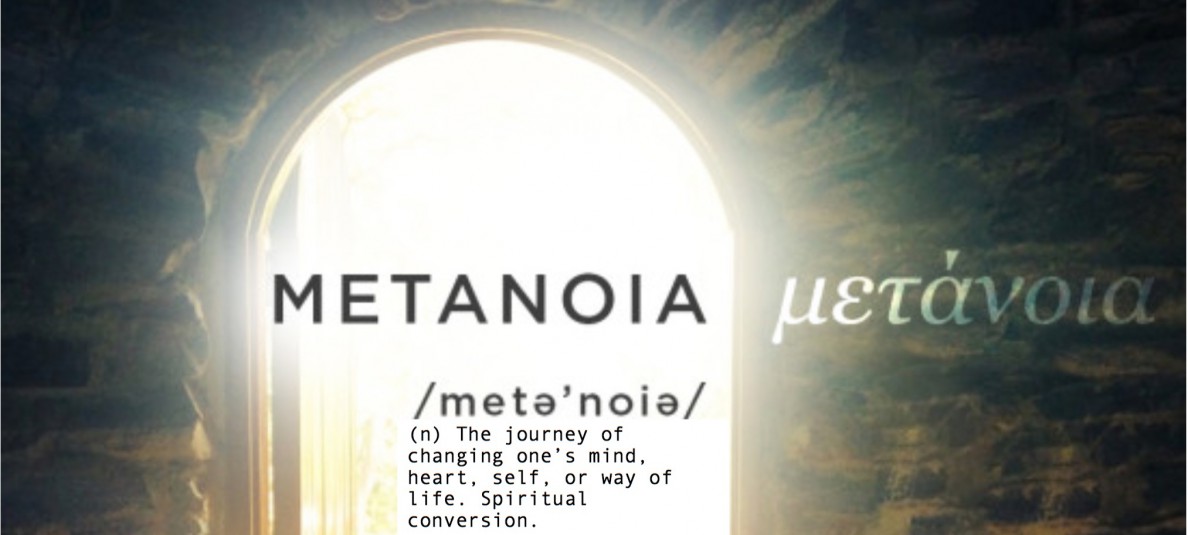Click Here for the Lectionary Readings
By: The Rev. Ryan Young
It is no small coincidence that I should have chosen this passage for Proper 21 some time ago. I chose to write on this passage as a lover of contemplative prayer practices–particularly centering prayer–and I intended to write on silent prayer as a critical practice of listening for God. Due to unforeseen and unwelcome life situations, it has become something else. I have had many occasions for prayer and many experiences struggling with prayer over the past month. This essay is, with many apologies to Modern Metanoia’s editor, quite past the deadline we had agreed upon for its completion.
A few weeks ago, my family received distressing news about my wife’s pregnancy. We were advised to make an appointment with a specialist for further tests and care. The specialist was unable to see us for a week, so we spent the entirety of that week consumed by anxiety, which we tried to hide from our 3 and a half year old daughter. We didn’t want to tell her anything until we knew what was happening, but the stress of acting normal only further frayed our nerves.
Once we were able to see the specialist, we received an opinion that the worst possibilities, to which we naturally gravitated, were unlikely and that the concern was, thankfully, minor. That relief was short-lived. Only three days later we received news that our daughter was exposed to covid by a child in her class. Her asthma and stint in the ICU with respiratory problems as an infant have made us fearful of what complications a novel respiratory virus might cause her. A few days later her covid test came back positive, and we were once again in the depths of anxiety and uncertainty.
Amid all of this, I found it extremely hard to pray. I don’t have words of my own to encompass my feelings of helplessness. Praying the historic prayers of the church feels disingenuous. I cannot quiet myself enough to settle into centering prayer; thoughts and fears for my children are the only things that occupy my mind.
“Are any among you suffering? They should pray.” Great. Except that I just couldn’t get there. Choosing a scripture that centers around prayer was beginning to feel like a really bad idea. The bright spot in all of this is that so many others have reached out to check on my family to see if we needed anything, to share words of compassion, and to ensure us that we were being prayed for.
“Are any among you sick? They should call for the elders of the church and have them pray over them…”
I began to notice that only one out of the eight verses in this scripture are actually a prescription for individual prayer. The majority of these verses speak about the importance of praying for one another. The author of James recognizes that we cannot escape the threads of common humanity and interdependence. They spend very little time advising individuals to pray because we do not exist as individuals and never have. For individuals, there are times where prayer is all but impossible, but the prayers and faithfulness of others are always available. Because we are one Body, we can rely on others to pray for us when we cannot pray ourselves. We can rely on others to sing songs of praise when we would rather weep. We can rely on others to believe for us when faith seems too big a task.
“The prayer of faith will make the sick whole, and the Lord will raise them up; and anyone who has committed sins will be forgiven. Therefore confess your sins to one another, and pray for one another, so that you maybe made whole.” (My adapted translation from the NRSV. Both the word translated as “save,” sōzō, and the word translated as “be healed,” iaomai, also connote wholeness. Both can faithfully be translated, “to make whole.”)
Prayer does its work on the one who prays and the one prayed for. Prayer for others can bring them to wholeness. It also seems that prayer for others is what your wholeness rests upon–”so that you may be healed.” It is balm for the soul of those who cannot pray and brings forth the compassion of Christ in those who can. Elijah’s fervent prayer held back and then brought forth rain, which he had no ability to control. Home much more might our prayers elicit compassion, healing, and forgiveness, which we have the ability to both offer and receive?

